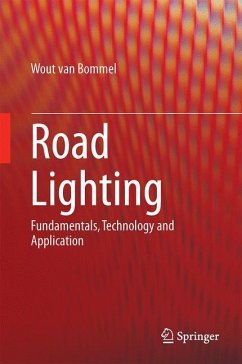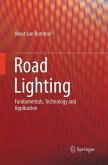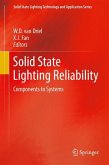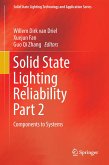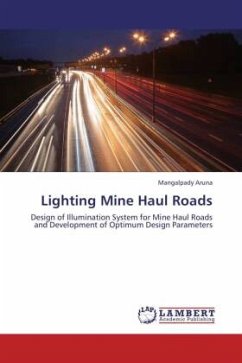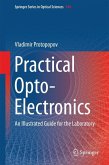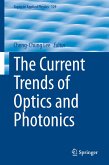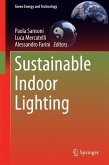This book outlines the underlying principles on which modern road lighting is based, and provides the reader with knowledge of how these principles should be applied in practice.
This book offers a completely fresh approach to the subject, reflecting how the technology of road lighting has progressed to keep up with the changes in lamp technology, especially in solid state light sources, and the increasing awareness of energy use and environmental issues. The book is divided into three parts.
Part One describes lighting of open roads, with chapters discussing visual performance and comfort (including the effects of mesopic vision and age), and international standards and recommendations for road lighting. Lighting equipment is introduced; specifically lamps and luminaires in terms of their practical properties and features, but also the road surface and its characteristics. A chapter on Lighting Design makes the link between theory and practice, providing the reader with the knowledge needed for effective lighting design, including aspects relating to sustainability. The final chapter of Part One deals with lighting calculation conventions and measurements.
Part Two is devoted to light pollution. The negative consequences of light pollution are described and tactics to restrict light pollution explained. Lighting criteria are defined that can be used by the lighting designer to guarantee installations stay within acceptable limits. International standards and recommendations on the restriction of light pollution are discussed.
Part Three is devoted to tunnel lighting, with chapters discussing visual performance in tunnel environments, lighting criteria, standards and recommendations, and concluding with a chapter on tunnel lighting equipment and design.
This book is a valuable resource for road lighting designers and engineers, students of lighting design and engineering, town planners, traffic engineers, environmental specialists, and lamp and luminaire developers and manufacturers.
This book offers a completely fresh approach to the subject, reflecting how the technology of road lighting has progressed to keep up with the changes in lamp technology, especially in solid state light sources, and the increasing awareness of energy use and environmental issues. The book is divided into three parts.
Part One describes lighting of open roads, with chapters discussing visual performance and comfort (including the effects of mesopic vision and age), and international standards and recommendations for road lighting. Lighting equipment is introduced; specifically lamps and luminaires in terms of their practical properties and features, but also the road surface and its characteristics. A chapter on Lighting Design makes the link between theory and practice, providing the reader with the knowledge needed for effective lighting design, including aspects relating to sustainability. The final chapter of Part One deals with lighting calculation conventions and measurements.
Part Two is devoted to light pollution. The negative consequences of light pollution are described and tactics to restrict light pollution explained. Lighting criteria are defined that can be used by the lighting designer to guarantee installations stay within acceptable limits. International standards and recommendations on the restriction of light pollution are discussed.
Part Three is devoted to tunnel lighting, with chapters discussing visual performance in tunnel environments, lighting criteria, standards and recommendations, and concluding with a chapter on tunnel lighting equipment and design.
This book is a valuable resource for road lighting designers and engineers, students of lighting design and engineering, town planners, traffic engineers, environmental specialists, and lamp and luminaire developers and manufacturers.

